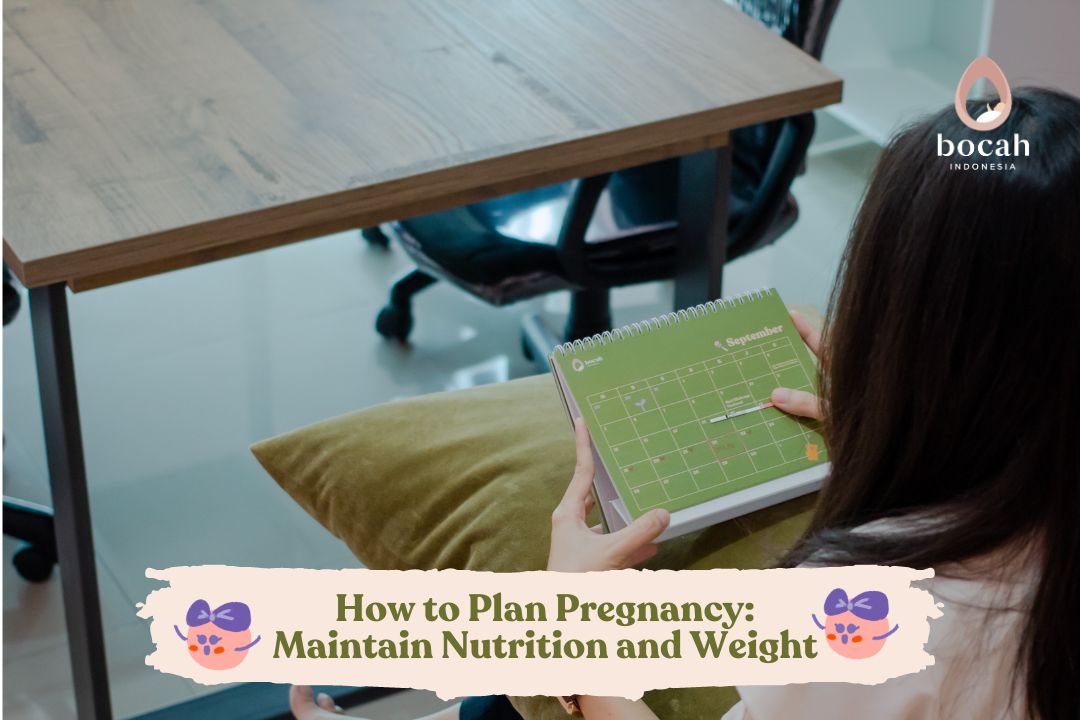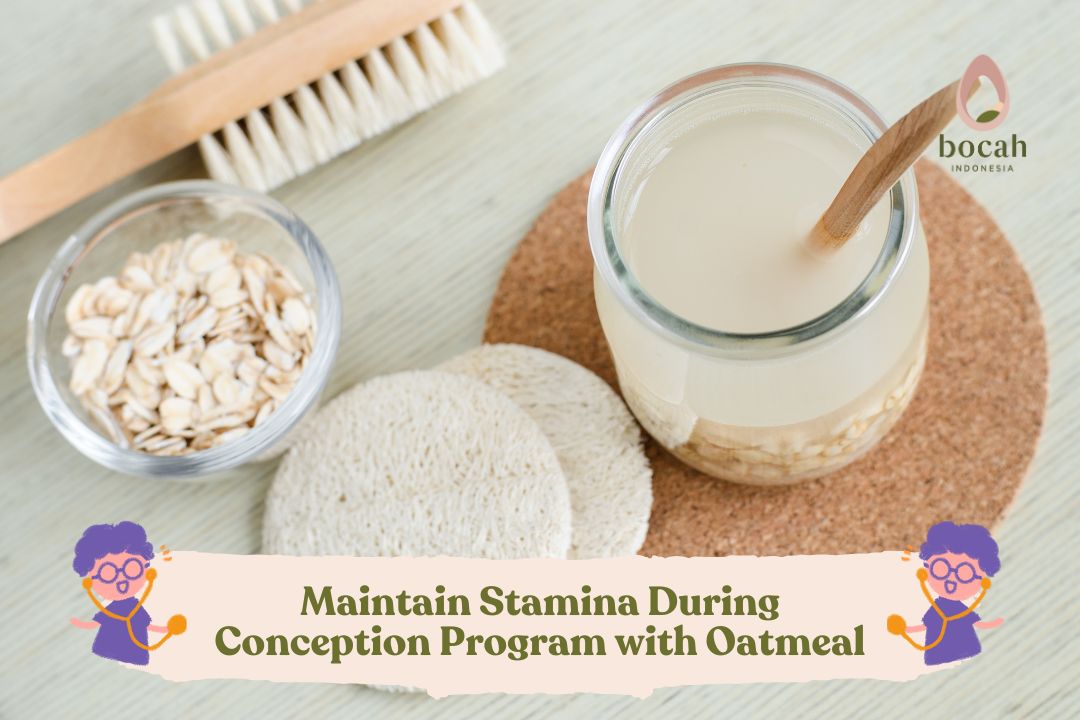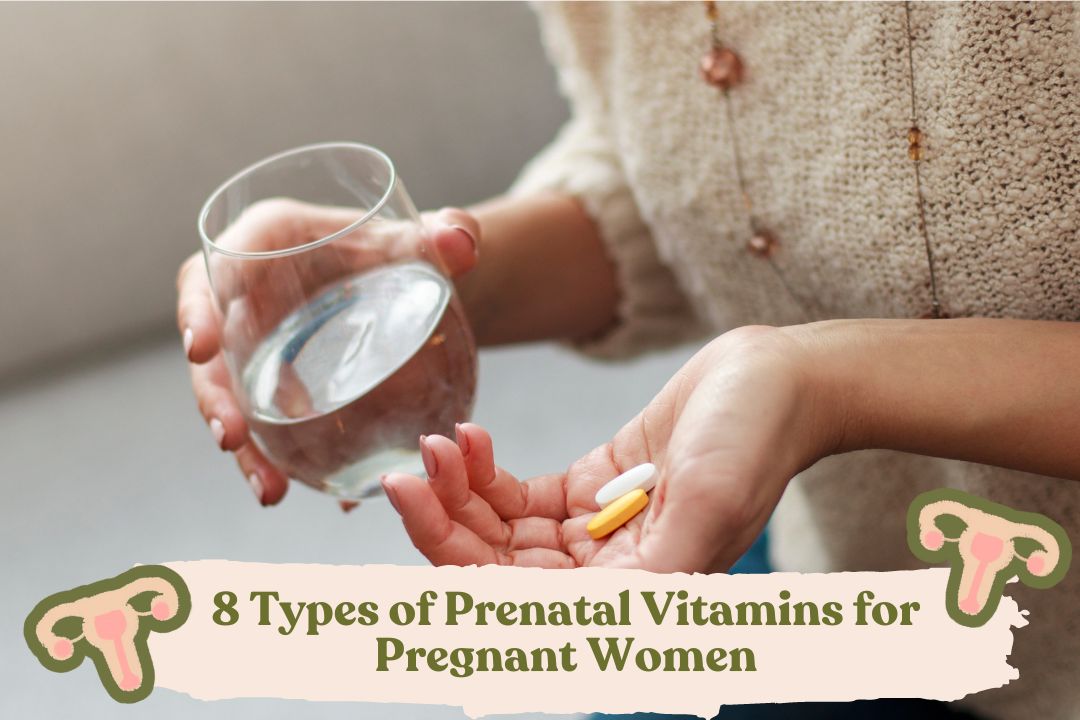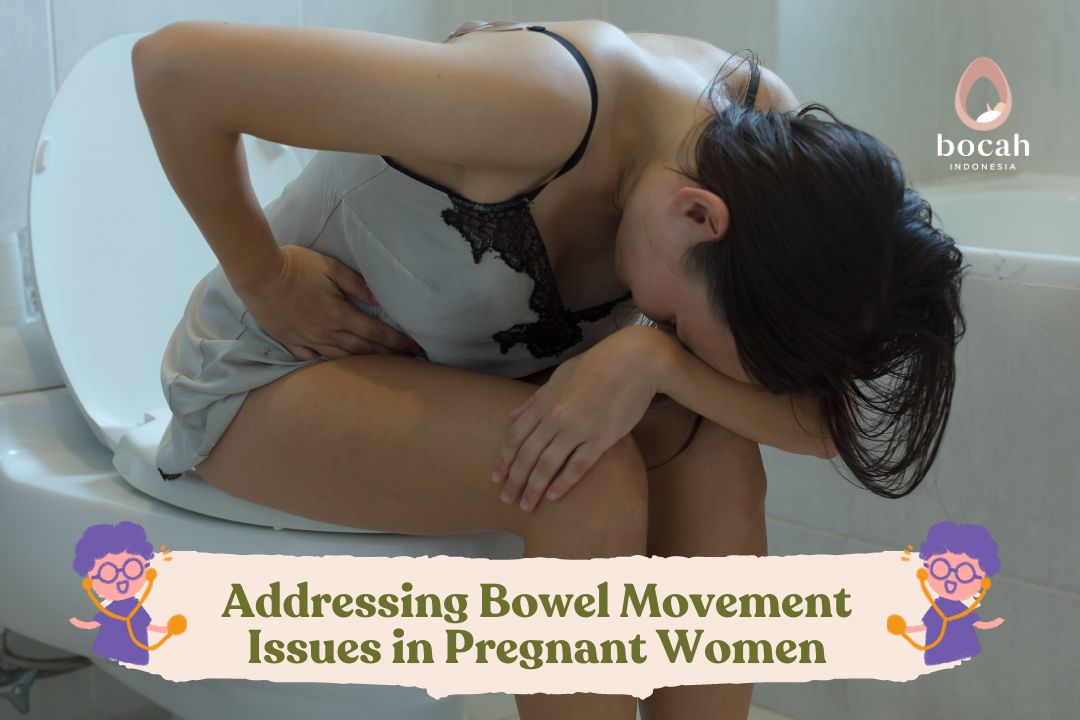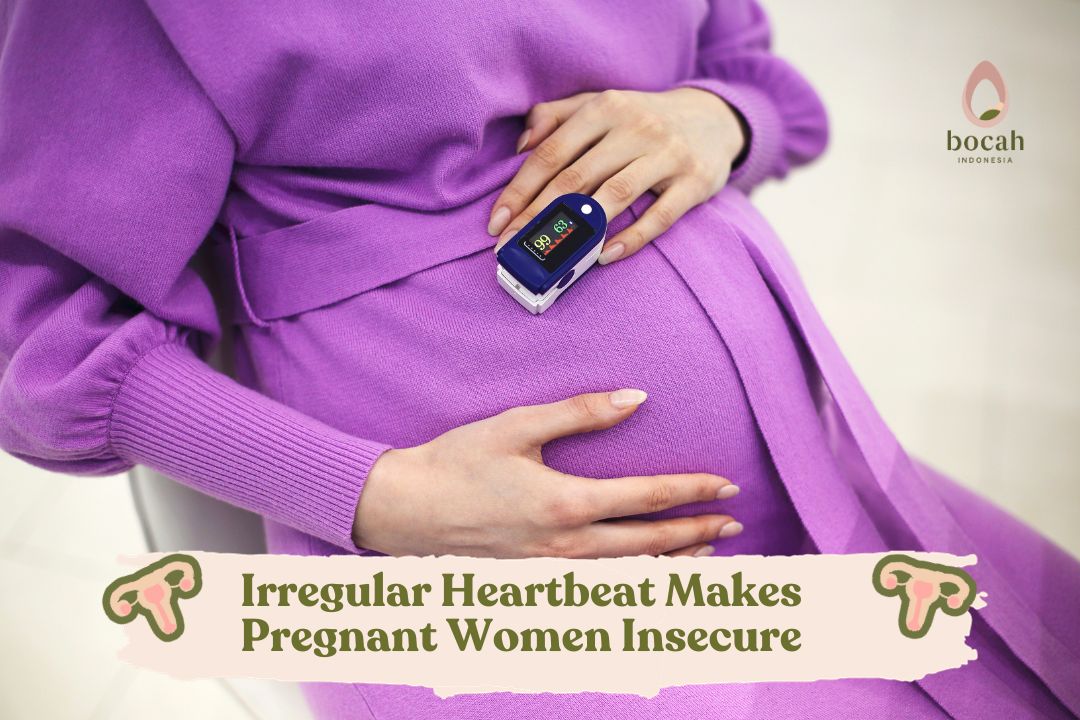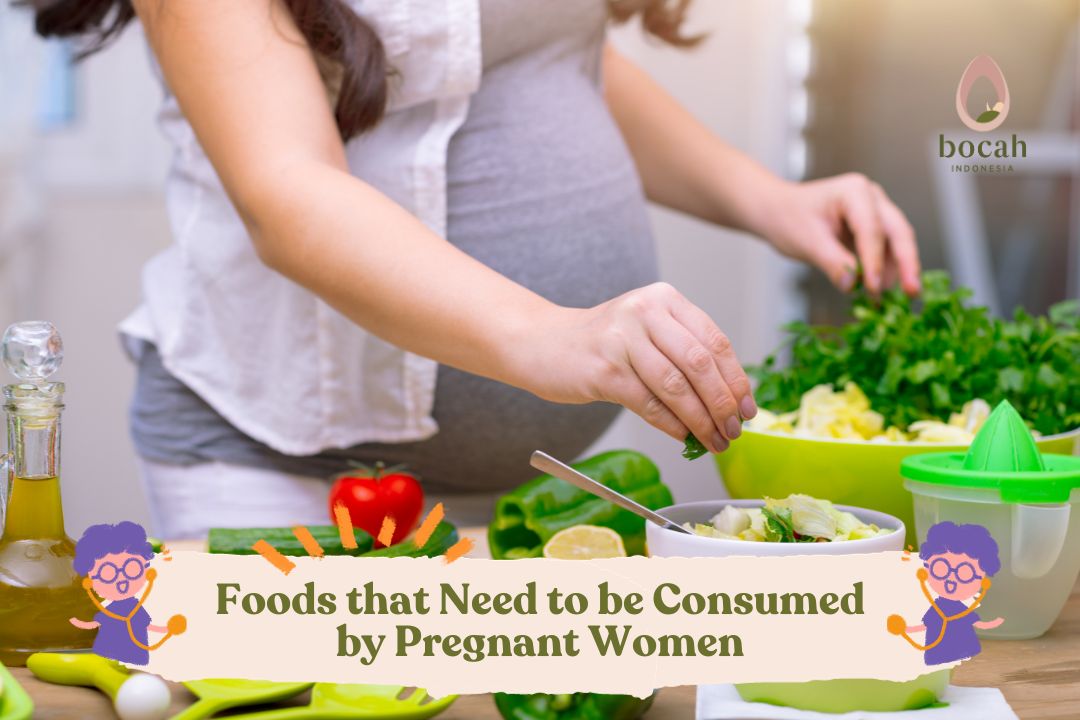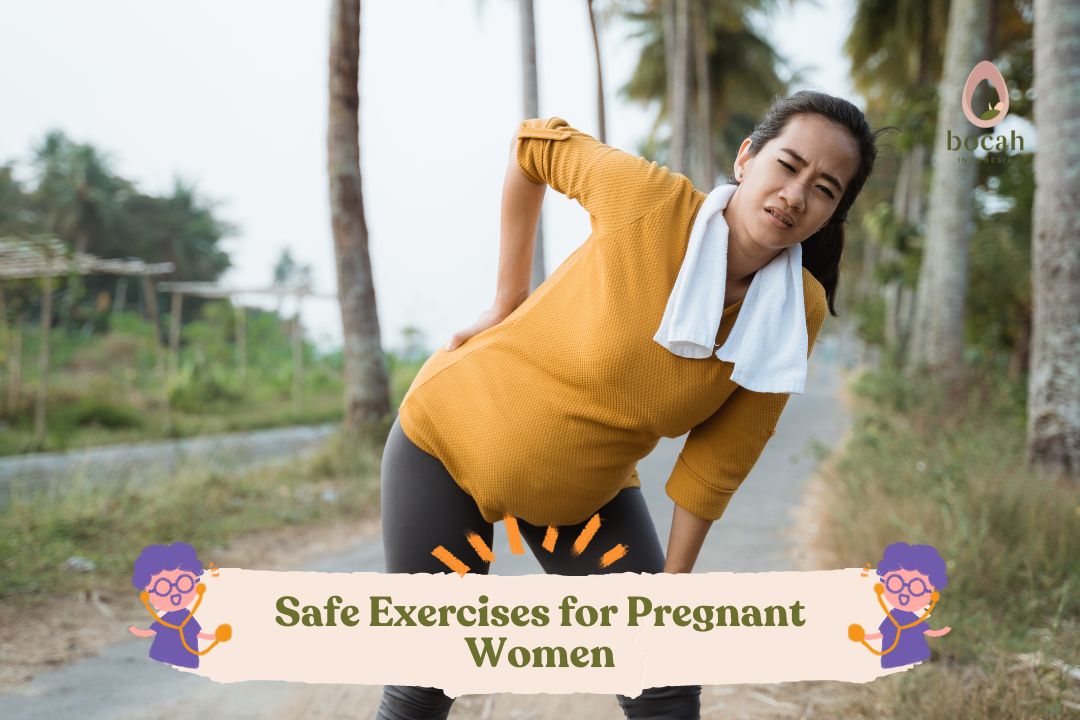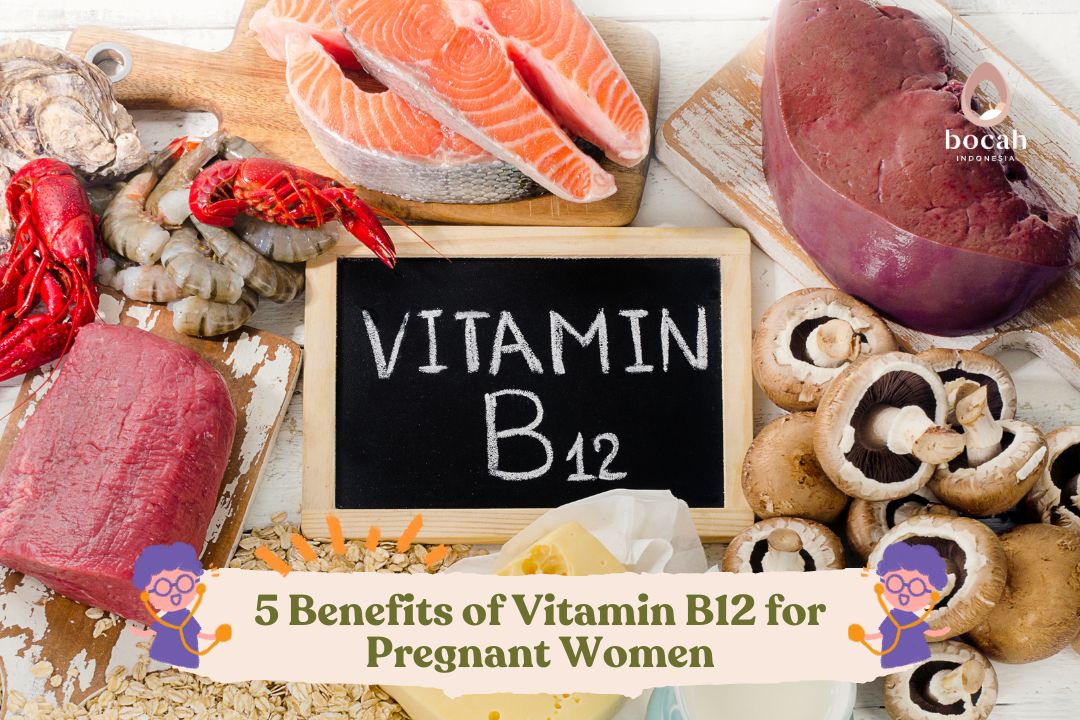Pregnant Women Maintain Nutrition, Healthy for the Baby
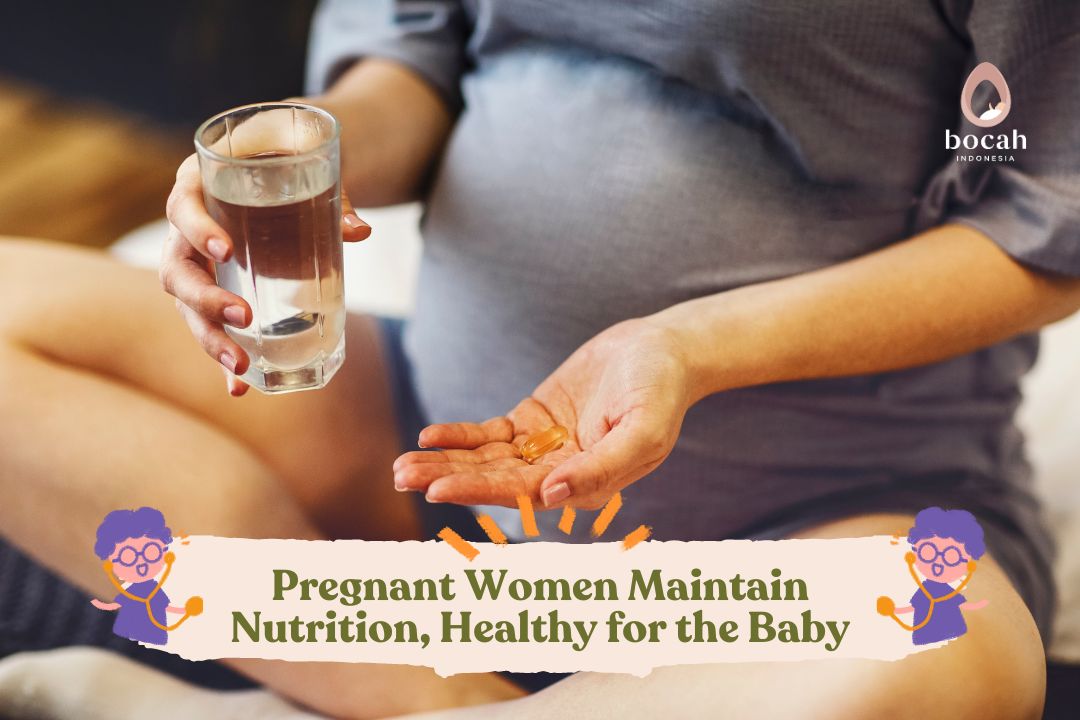
The more often the mother consumes nutritious foods, the healthier the baby will be. Find out the tips for maintaining important nutrients during pregnancy here.
It is very important to get the nutrients that the mother needs during the pregnancy process because food is the main source of nutrients for the mother and the baby-to-be. During pregnancy, the mother needs more nutrients because the mother’s food is also the food for the baby.
The mother can meet the increased nutritional needs by choosing a diet that includes a variety of healthy foods such as protein, complex carbohydrates, healthy fats like omega 3, as well as vitamins and minerals. Some types of foods to meet these nutritional needs can be found in the following review.
Important Nutrients During Pregnancy
The fulfillment of nutrients during pregnancy is not much different from a healthy eating pattern in general, it just needs a little reinforcement. Mothers need to pay attention to the increase in calories when pregnancy enters the second trimester by 350 calories per day and the third trimester by 450 calories.
Mothers should, as much as possible, avoid excessively processed junk food. Mothers can replace foods that do not contain nutritional value such as chips and soda with fresh fruits, vegetables, and lean protein, such as chicken, fish, and nuts, which have more benefits.
Tanya Mincah tentang Promil?
This guide does not mean that mothers have to avoid all their favorite foods during pregnancy. Just balance it with nutritious foods so that no important vitamins or minerals are missed. Here are the nutrients that need to be a concern for mothers.
1. Protein
Meeting protein needs every day is very important during pregnancy. This is to ensure the growth of fetal tissues and organs, including the brain. For mothers, protein can help the growth of breast and uterine tissue during pregnancy.
Protein also plays a role in increasing the mother’s blood supply. This allows more blood to be sent to the fetus. The mother’s protein needs increase with each trimester of pregnancy. Mothers need to eat around 70 to 100 grams of protein per day.
Protein needs depend on the mother’s weight and the trimester of pregnancy. Mothers can consult a doctor to specifically know how much protein they need.
2. Calcium
Calcium helps build the developing fetus’s bones in the mother’s womb. Calcium also helps regulate the body’s fluid use. Pregnant women need 1,000 milligrams of calcium, ideally in two 500-milligram doses per day. Mothers may need additional calcium to complement their regular prenatal vitamins.
3. Folic Acid
Mothers may already know that meeting the need for folic acid during pregnancy is a must, as this nutrient plays a crucial role in reducing the risk of neural tube defects in babies. This condition is a major birth defect that affects the baby’s brain and spinal cord, such as spina bifida and anencephaly.
When a mother is pregnant, the American College of Obstetrics and Gynecology (ACOG) recommends 600 to 800 mcg of folate. Some foods to meet the need for folic acid can be easily found, such as eggs, nuts, and peanut butter.
4. Iron Sodium
potassium, and water won’t work without iron. All of these minerals are important for increasing blood flow during pregnancy. This process helps ensure adequate oxygen supply for the mother and the baby. Mothers should get 27 milligrams of iron per day. It’s best to pair it with some vitamin C to enhance the absorption process.
In addition to the above nutrients, mothers also need other nutrients such as choline, salt, and B vitamins. These nutrients help make the pregnancy process. In addition to eating well, it is important to drink at least eight glasses of water every day. Not only that, but mothers can also take prenatal vitamins.
Prenatal vitamins become necessary because it is difficult to get certain nutrients in sufficient quantities, including folate, iron, and choline, only from food. So make sure to consult your doctor about the prenatal vitamins that are suitable for you.
Easy Ways to Add Nutrients
Mothers can easily meet their nutritional needs during pregnancy. Here are some recommended foods during your pregnancy:
1. Milk
During pregnancy, mothers need additional protein and calcium to meet the needs of the baby-to-be. Mothers can consume dairy products such as milk, cheese, and yogurt. Dairy products are the best food source that contains calcium. Milk provides phosphorus, B vitamins, magnesium, and zinc.
2. Nuts and Legumes
When pregnant, mothers are advised to snack on healthy foods such as nuts and legumes. Nuts contain fiber, protein, iron, folate, and plant-based calcium that are good for mothers during pregnancy. Nuts and legumes include lentils, peas, beans, soybeans, and peanuts.
Nuts and legumes can increase folate levels. Nuts and legumes tend to be high in fiber and some are also high in iron, magnesium, and potassium.
3. Sweet Potatoes
Another healthy food that mothers can consume is sweet potatoes. This food is very rich in beta-carotene, a plant compound that the body converts into vitamin A. Vitamin A is very important for the baby’s growth and development, but it’s important to remember that too much vitamin A from animal products can cause toxicity.
4. Eggs
Eggs are a healthy food because they contain almost all the nutrients that mothers need. A large egg contains about 71 calories, 3.6 grams of protein, fat, and many vitamins and minerals.
Eggs are a source of choline, an important nutrient during pregnancy. Consuming eggs can help with the baby’s brain development and also potentially prevent brain and spinal cord developmental abnormalities.
5. Broccoli and Dark Leafy Greens
Broccoli and dark green vegetables, such as kale and spinach, have many of the nutrients that mothers need. If you don’t like the taste, you can disguise them by adding them to soups, pasta sauces, and other dishes.
The benefits of broccoli and dark green vegetables include fiber, vitamin C, vitamin K, vitamin A, calcium, iron, folate, and potassium. The fiber content in broccoli can prevent constipation and reduce the risk of low birth weight.
6. Lean Meats and Protein
When consuming beef or chicken, try to choose the lean varieties. Meat is an excellent source of protein for pregnant women. Beef is rich in iron, choline, and other B vitamins that mothers need more of during pregnancy.
Iron is an important mineral used by red blood cells as part of hemoglobin. Mothers will need more iron because their blood volume increases, especially during the third trimester. Low iron levels in early and mid-pregnancy can increase the risk of low birth weight and other complications.
7. Berries
Consuming berries during pregnancy can help meet the need for water, healthy carbohydrates, vitamin C, fiber, and beneficial antioxidants. Berries also do not cause a significant spike in blood sugar levels. Berries provide a lot of flavor and nutrients but with relatively few calories. Berries that can be consumed during pregnancy include blueberries, raspberries, goji berries, strawberries, and acai berries.
8. Whole Grains
Whole grains contain fiber, vitamins, and plant compounds. Some whole grains, such as oats, also contain a good amount of protein, as well as B vitamins, fiber, and magnesium.
9. Avocado
Avocados contain potassium and monounsaturated fatty acids that are beneficial for your pregnancy. Avocados also have fiber, antioxidants, B vitamins (especially folate), vitamin K, potassium, copper, vitamin E, and vitamin C.
The high content of healthy fats, folate, and potassium make avocado a great choice during pregnancy and help support the growth of the baby’s skin, brain, and tissues.
Additionally, the folate can help prevent neural tube defects and developmental abnormalities of the brain and spinal cord, such as spina bifida. Potassium can help alleviate leg cramps, which can affect some people.
This article has been medically reviewed by Dr. Chitra Fatimah.
Source:
- Jouanne, M., et al. (2021). Nutrient Requirements During Pregnancy and Lactation. Nutrients, 13(2), pp. 692. https://www.ncbi.nlm.nih.gov/pmc/articles/PMC7926714/
- Pretorius, R. A., & Palmer, D. J. (2020). High-Fiber Diet During Pregnancy Characterized by More Fruit and Vegetable Consumption. Nutrients, 13(1), pp. 35. https://pubmed.ncbi.nlm.nih.gov/33374192/
- National Health Service UK (2023). Foods to Avoid in Pregnancy.
- Mayo Clinic (2022). Dietary Fiber: Essential for a Healthy Diet.
- American Pregnancy Association. Pregnancy Nutrition.
- Watson, S. WebMD (2022). Folic Acid and Pregnancy.


